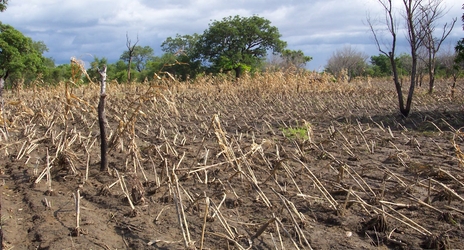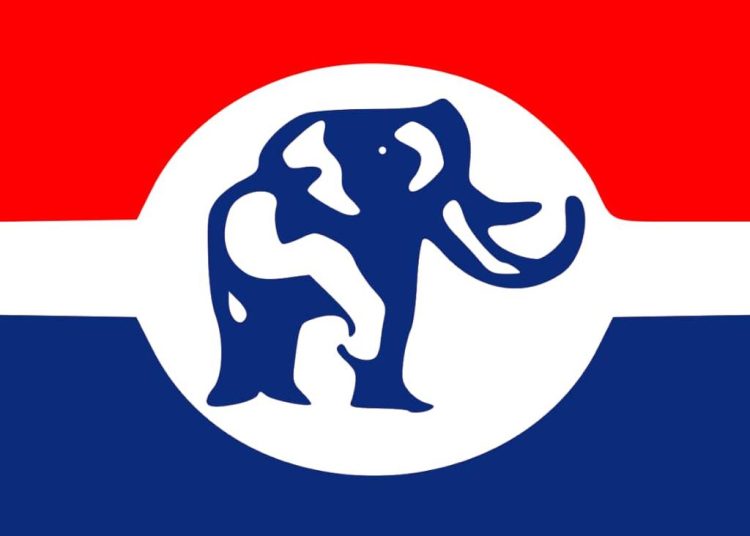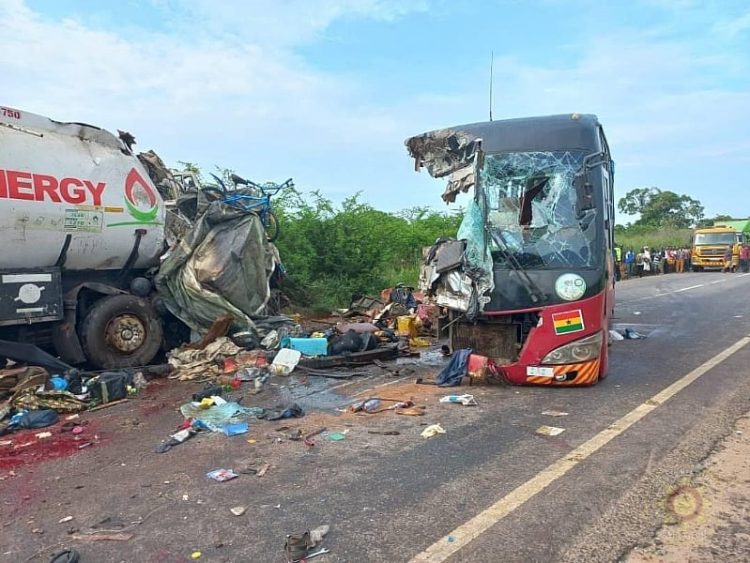The U.S. Embassy in Accra has announced a commitment of US$1.7 million (approximately GH¢30 million) to aid drought victims in the Northern Region and the middle belt of Ghana.
During a press briefing after the launch of the Coastal States Stability Mechanism (CSSM), U.S. Ambassador to Ghana Virginia E. Palmer revealed that the support would primarily be channeled through the Livelihood Empowerment Against Poverty (LEAP) program.

“I am pleased to announce that the United States will provide an additional US$1.7 million, close to GH¢30 million, mainly through the LEAP program to assist those affected by the drought,” she stated.
On August 26, 2024, the Ghanaian government announced an allocation of GH¢8 billion aimed at providing relief for farmers and implementing drought mitigation measures.
The Ministry of Food and Agriculture reported that maize, rice, groundnuts, soybeans, sorghum, millet, and yams were among the crops most severely impacted across eight regions: Northern, Upper East, North-East, Savannah, Upper West, Bono, Bono East, and Oti.
Over 980,000 farmers cultivating around 1.8 million hectares have been affected, with potential losses estimated at GH¢22.2 billion. These regions account for approximately 62% of the country’s annual grain supply.
According to a report from the Northern Regional Department of Agriculture, the drought has negatively impacted 460,784 hectares of farmland, representing 60% of the cultivated land in the region.
It further noted that a total of 752,965 hectares were cultivated by 604,426 farmers, including 425,715 males and 178,714 females.
Projections from the United States Department of Agriculture (USDA) indicate that the country’s maize harvest for 2024/2025 is expected to be only 2.3 million tonnes, marking a significant 36% decrease.
The USDA also predicts a shortfall in maize production compared to last year’s harvest of 3.4 million tonnes and a 28% drop relative to the five-year average.
Ms. Palmer emphasized that this intervention aims to support vulnerable groups whose livelihoods depend on maize and other grain crops, given the severe impacts of the drought.
In response to the situation, stakeholders in the agricultural sector, such as the Chamber for Agribusiness Ghana (CAG), have criticized the government for failing to establish a risk mitigation plan to address the ongoing drought.
The Chamber has urged the government to revisit its food security measures and adopt a more sustainable approach.
This includes expanding existing dams for dry-season farming, collaborating with banks and financial institutions to reduce interest rates and improve debt repayment options for farmers, and developing a comprehensive 10-year policy plan.























































![[FREE FREE MONEY] Predict and Win a Guaranteed GH¢200 From Us EVERY WEEK](https://wordpress.ghanatalksradio.com/wp-content/uploads/2022/02/Predict-and-Win-Final-09-03-2021-218x150.jpg)
![[Predict & Win – 8th/Oct.] WIN A Guaranteed ¢200 From Us This Week](https://wordpress.ghanatalksradio.com/wp-content/uploads/2021/10/maxresdefault-16-218x150.jpg)
![[Predict & Win – 2nd] WIN A Guaranteed ¢200 From Us This Week](https://wordpress.ghanatalksradio.com/wp-content/uploads/2021/09/maxresdefault-50-218x150.jpg)
![[Predict & Win – 25th] WIN A Guaranteed ¢200 From Us This Week](https://wordpress.ghanatalksradio.com/wp-content/uploads/2021/09/maxresdefault-36-218x150.jpg)
![[Predict & Win – 18th] WIN A Guaranteed ¢200 From Us This Week](https://wordpress.ghanatalksradio.com/wp-content/uploads/2021/09/maxresdefault-23-218x150.jpg)








![[National cathedral] See full list of churches that have contributed since 2018](https://wordpress.ghanatalksradio.com/wp-content/uploads/2020/09/Ghana-National-Cathedral-GhanaTalksRadio-100x70.jpg)


![[Photos] 60-year-old Nigerian woman successfully gives birth to triplets](https://wordpress.ghanatalksradio.com/wp-content/uploads/2022/07/62e25daa6cf61-100x70.jpg)
